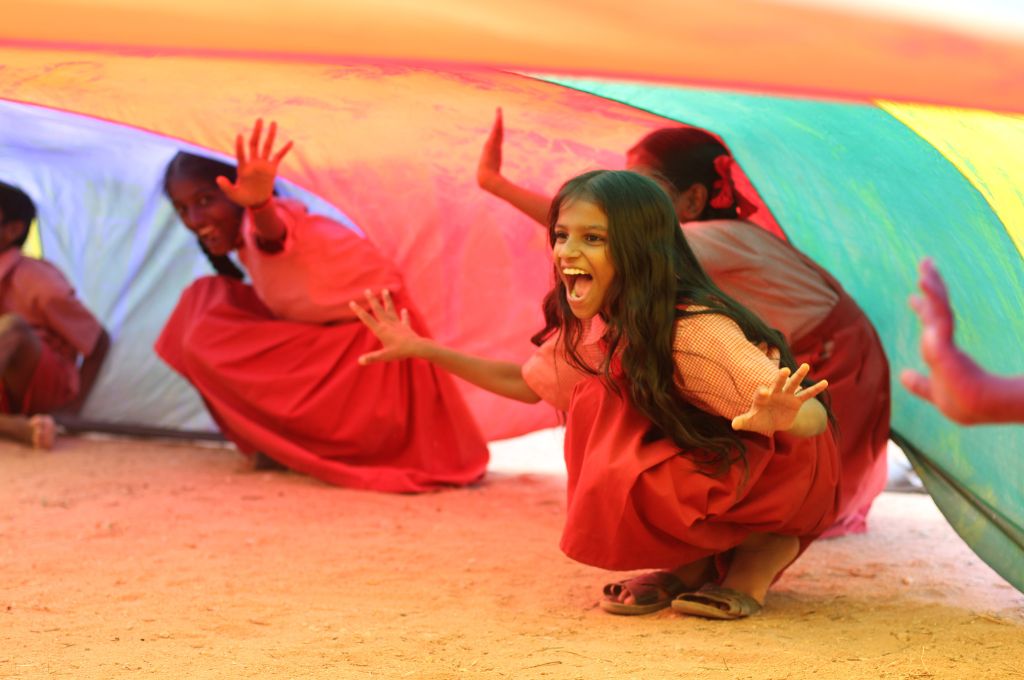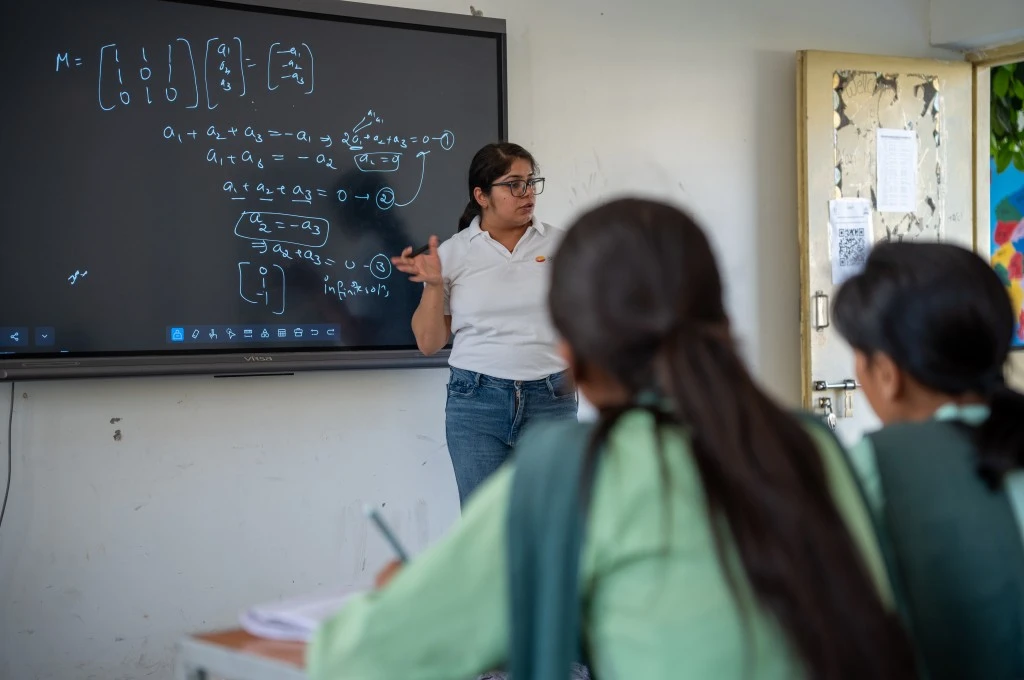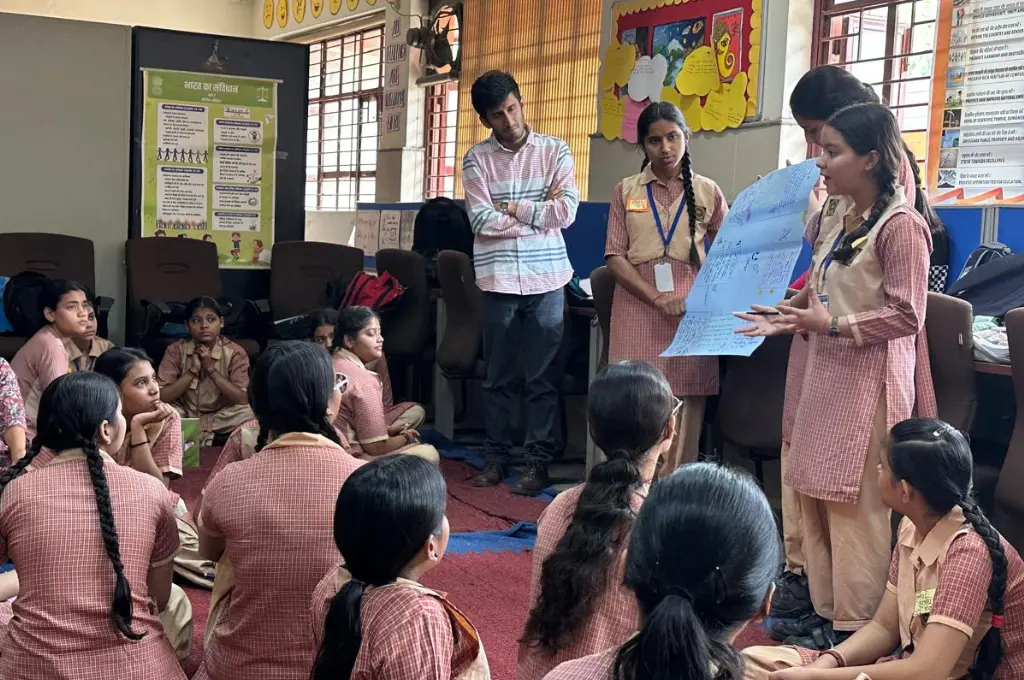As a country, India (along with the rest of the Global South) is taking the criticality of foundational literacy and numeracy—popularly known as FLN into serious consideration. There is an urgency in achieving FLN skills for all children in the early primary grades, and this is evident in the focus on NIPUN Bharat across the nation. However, to actualise FLN goals, it is imperative to cast a similar spotlight on early childhood care and education (ECCE)—focused on stimulation and learning for children in the age group of three to six years, often known as the preschool stage.
Why the foundation stage is important
The National Education Policy (NEP) 2020 recognised the need for ECCE, and advocated a five-year continuous foundational phase comprising three years of pre-primary and two years of primary (grades 1 and 2)—an approach that has also been adopted by the National Curriculum Framework (NCF) drafting committee. The reasoning, backed by overwhelming global research, is that children pick up the fundamentals of emergent literacy, numeracy, cognitive skills, and motor skills in the three-to-six-year age group, making this time crucial for their development.
As children already come to school at different levels of understanding, early primary school is always a catch-up game for them without a strong grasp of these basic essentials. Perhaps an even more important element is the development of body and brain that happens during this time and defines IQ and physical prowess for life, thereby making ECCE essential for not just school readiness but also life readiness. Studies show that high-quality ECCE translates to increased college completion and lifetime learnings, partly because it helps build ‘non-academic’ but essential life skills such as executive function and social regulation.

Despite national frameworks stressing the importance of ECCE, it has been a slow journey to translate it into actionable policy, create a plan with sufficient budgets, and then further take it to execution. The time is nigh for the education community to push for universal, high-quality preschool education (either through Anganwadis or schools) by 2030, if we want to make use of our demographic dividend.
Using the tools at our disposal
There are many factors in our favour that can help in effective implementation of ECCE, the key being the relative readiness of the important stakeholders. India has one of the world’s largest cadre of community-based childcare experts in the form of the Anganwadi workers (AWWs)—frontline workers who have been a part of the child’s life since childhood and, therefore, are closely involved with the child and their family. They are cognisant of the importance of play-based and activity-based learning/teaching—concepts that have been introduced nationally through initiatives such as the Jaadui Pitara, but have already been ingrained over the years in the AWWs. They also verbalise the desire to upskill and be known as ‘educators’. Studies show visible uptake in attendance, learning outcomes, and socio-cognitive skill building when play-based learning is implemented in Anganwadi centres or preschools.

Similarly, for parents, the ECCE stage is the easiest time as they can be involved and contribute to their child’s learning, given the relatively lower complexity of topics (compared to, say, high-school maths). Digital access allows us to reach both teachers and parents regularly without complications, in ways that were impossible five years ago.
Solving for early childhood education
What we need is a practical yet innovative approach to ECCE—simple ways to create a community-rooted education system that is scalable and effective from scratch, rather than having to embark on a bandage mission later. This can manifest itself in different ways.
One possibility that shows promise is combining physical and digital delivery models. Digital channels can make physical activities more micro-contextual, natural, and relatable, leveraging materials found in a child’s immediate vicinity. This content also facilitates easy and equitable access to activities that are possible to do at home without any prerequisite know-how or sophisticated infrastructure. No matter the model, it is important to ensure self-paced learning and meeting contextual and diverse needs along with digital literacy of the demographic being served. But eventually, solutions will start emerging and accelerating once it is realised that ECCE is perhaps as critical and even more foundational than FLN, and that the two need to be worked on together as a priority.

On the policy and systems front, transformation for India’s youngest will require collaboration among stakeholders (government, CSOs, academics, and experts), technology to enable progress, and support of parents, AWWs, and teachers to upskill quickly. Excellent work has happened at a small scale and in silos over the past thirty years. But to solve the challenge at the level of 40 million underprivileged children between the ages of three and six, the ecosystem needs to come together for dialogue, learning, and action.
—
Know more
- Read about why India needs to think harder about its policies for children.
- Learn what it will cost to universalise early childhood education in India.
Do more
- To see an attempt at an ecosystem convening on early childhood education, watch Udaan 2023 on March 23, 2023
- Join Rocket Learning’s global webinar to know more about the current ECCE landscape worldwide.





